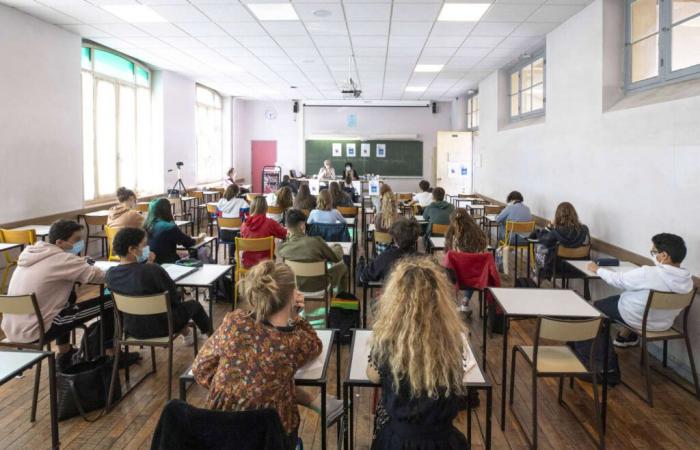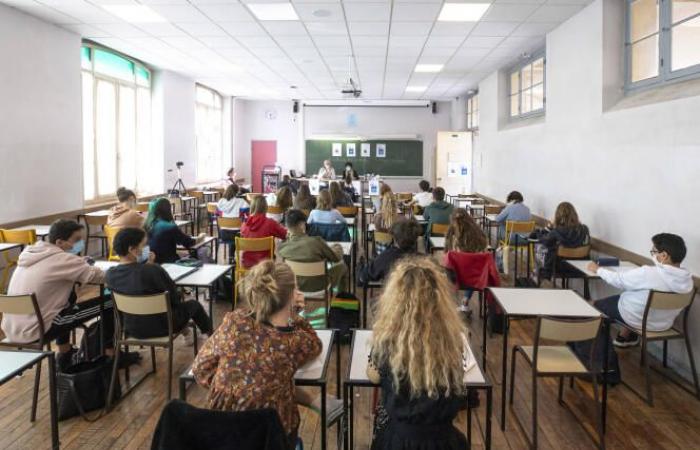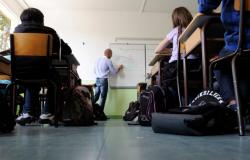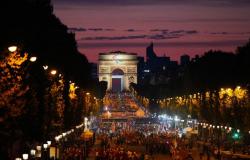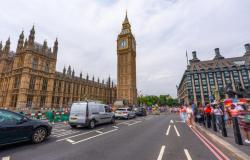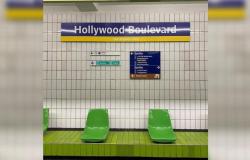On the one hand, an intellectual figure who has long embodied contemporary French educational thought: Philippe Meirieu, academic, specialist in educational sciences, and politician – he was, under the colours of Europe Ecologie-Les Verts, vice-president of the Rhône-Alpes region from 2010 to 2015. On the other, one of the major thinkers of liberalism, the philosopher Philippe Nemo, whose books on education advocate a radical break. The first publishes Education: Let’s rekindle the Lights! (Dawn), a cry of alarm against “the great renunciation” what current school policies represent for him. The second, Rethinking Teaching (PUF), a plea for an overhaul of the education system. Two important positions, at opposite ends of the spectrum. They agreed to discuss them for “Le Monde des livres”.
Your books have one thing in common: the feeling that the school needs to be repaired. What is the nature of the damage that has been done to it?
Philippe Nemo : I see two main problems. On the one hand, a decline in the general level, which is measured each year by international tests such as PISA. On the other hand, a near-ruin of secondary education, which I have been able to observe year after year as a teacher and member of competition juries for grandes écoles. If a few establishments are surviving, it is because they hardly respect the pedagogical principles advocated by the national education system. This is the case for large public high schools with exceptions, such as Henri-IV or Louis-le-Grand, or private establishments that we do not dare to persecute too much. They are essential safety valves. But we need hundreds of high schools of this quality in all the cities of France.
Philippe Meirieu: For my part, I see a school system exhausted by a multitude of successive reforms arbitrarily imposed by politicians on teachers who are terribly lacking in recognition, both financial and symbolic. I also see a widening of inequalities. International tests highlight, in fact, that at the age of 15 there is an overall decline in performance. But I note that the gap between students from the poorest families and those from the most privileged families is also constantly increasing.
Moreover, PISA-type assessments must be put into perspective. We know that some countries prepare their students very early to pass the PISA assessments. That said, I am not burying my head in the sand. As a teacher, I too have observed a drop in standards, particularly in the mastery of written language. I simply do not believe that this is the sole responsibility of the school. There is a whole social, media and linguistic environment, a relationship with standards that is changing, and this calls into question society as a whole, as much as its school.
You have 84.71% of this article left to read. The rest is reserved for subscribers.

